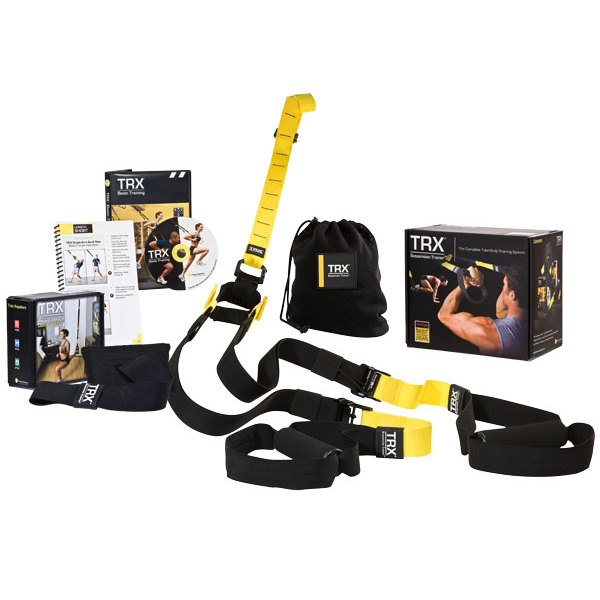- You may not need a trainer. If you’re in shape, are self-motivated and you’re comfortable in the gym, a tailored workout plan or information on where to find credible fitness advice may be all you need.
- If your trainer doesn’t do an adequate assessment and help you set goals, you’re missing the most important part. You should know where you’re starting from and where you’re going on your fitness journey.
- Your goals may not always be what’s best for you. This is one of the hardest things to balance as a trainer – your desires and your fitness needs based on your assessment. Good trainers will find a way to incorporate what you need AND what you want.
- A failure to achieve your goals may not be your fault. It’s easy for trainers to say “you didn’t do everything I told you.” The truth is that no one does everything anyone tells them to do. If you made an honest concerted effort, have been consistent with your trainer and did not see results, it’s likely that the goals were improperly set or the mechanism for achieving those goals (the fitness prescription) was incorrect. This happens, but the trainer needs to adjust for the next assessment cycle and set new goals.
- Personal training involves more than simply making you sweat or breathe heavy. If we meet outside on a 95 degree day and you break a sweat walking from the car, have I helped you reach your goals? I don’t think so. Look for more from your trainer. You should learn how to perform exercises correctly and learn something from each session together.
- There should ALWAYS be a reason for doing every exercise, set, and rep. If you have a question, don’t be afraid to ask, “why are we doing this exercise?”
- It’s not ok to dread sessions with your trainer. If you don’t like going, chances are you’ll stop. Consistency is important in fitness. With the infinite number of exercises and programs available today, there’s bound to be something that you can do and enjoy. Your trainer needs to find out what it is.
- Pain is not ok. Period. There’s a difference between pain and muscle burn or fatigue. If it’s truly painful, stop. If your trainer tells you to keep going, find another trainer.
- It’s possible to outgrow your trainer. If your goals have been met, you don’t need the motivation, and you both are simply going through the motions without your trainer imparting new knowledge and showing you new things, it’s time to move on. Invest that money somewhere else.
- Trainers should not prescribe meal plans. Here’s the deal, a meal plan is a prescription. You wouldn’t take a medical prescription from any random person who works in the drug store, so why get a meal plan from someone just because they’re in the fitness industry? Doctors give prescriptions, and registered dietitians (R.D.s) give meal plans. R.D.s have gone to school for this and more importantly, they know how to identify metabolic traits and deficiencies that trainers may not know of. Personal trainers should provide nutrition information from valid sources such as the USDA, and speak to nutrition in the context of fitness. Trainers, like anyone, can offer opinions on diets and nutrition trends, but it should be taken as just that, an opinion.
 Understanding Calories – The Ultimate Guide
Understanding Calories – The Ultimate Guide